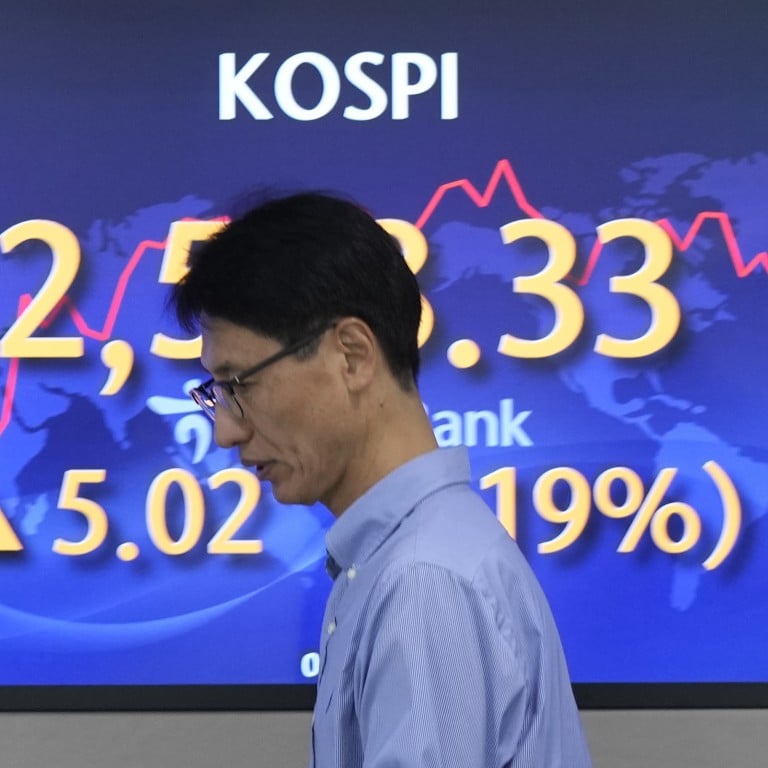
Figuring out today’s messy stock markets takes a dose of Harry Markowitz’s modern portfolio theory
- The last quarter was dominated by narratives of rising interest rates and inflation, yet consumers are spending, job vacancies abound and house prices are firm
- What to make of this is unclear, but Markowitz’s work would suggest a robust, long-term portfolio of equities and bonds, perhaps rebalancing every few years
Harry Markowitz, one of the first researchers to put rigour into investment decision-making, died on June 22 at age 95. Rightly regarded as the father of modern financial analysis, his life neatly spanned the entire lifetime of financial research.
The young Markowitz was a mathematician looking for a PhD topic and a chance meeting led him to research the financial markets. He realised that contemporary investors looked only at returns, so he introduced the concept of risk (defined by probabilities) that can be visualised as a line on a graph that plots return against risk.
Markowitz encapsulated diversification mathematically in his 1952 paper “Portfolio Selection”, from which came the term “modern portfolio theory”. In the same year, he published “The Utility of Wealth”, an early tilt towards behavioural economics. In two papers, published at the tender age of 25, he established financial economics and touched upon the two major topics of classical and behavioural finance.
It led to a lifelong association with the Cowles Foundation for Research in Economics and a Nobel Prize in economics in 1990. Financial economics research is full of irony, as the great economist Milton Friedman initially refused to give Markowitz his PhD because finance was “not economics”.

This approach has worked unexpectedly well in the first half of this year, which saw the technology-heavy Nasdaq index soar a whopping 32 per cent on the artificial intelligence narrative. It shaded Russia’s Moscow exchange, which was up 30 per cent, although the rouble fell by nearly as much against the US dollar in that period. Japan’s Nikkei index was up 29 per cent, but the yen fell about 10 per cent against the dollar.

Closer to home, Asian markets lagged. Ever-bullish India’s Nifty 50 was up only about 8 per cent, Shanghai saw a rise of about 3 per cent and the China A50 – a key bellwether of the domestic economy – was actually down nearly 5 per cent. Hong Kong held up the wooden spoon, with a disappointing fall of 7 per cent in last six months.
The Nasdaq is now 80 per cent higher than its mid-pandemic low in March 2020 while the Hang Seng is more than 15 per cent below where it was then. At least Hong Kong is likely to be more defensive if the recession finally does come as it is too late to sell now.
China must not be tempted to repeat the easy money mistakes of the West
Markowitz’s research would suggest designing and holding a robust, long-term portfolio of equities and bonds, perhaps rebalancing every few years as key investment themes such as technology emerge. In the last year, modern portfolio theory would have outperformed those predicting a recessionary downturn that began in January 2022. That market decline ended in September, when the current S&P 500 bull run started.
The supreme irony of financial economics is that I have just finished a PhD in narrative finance, researching the very stories Cowles railed against nearly a century ago. If you can’t beat them, join them.
Dr Richard Harris is chief executive of Port Shelter Investment and is a veteran investment manager, banker, writer and broadcaster and financial expert witness

